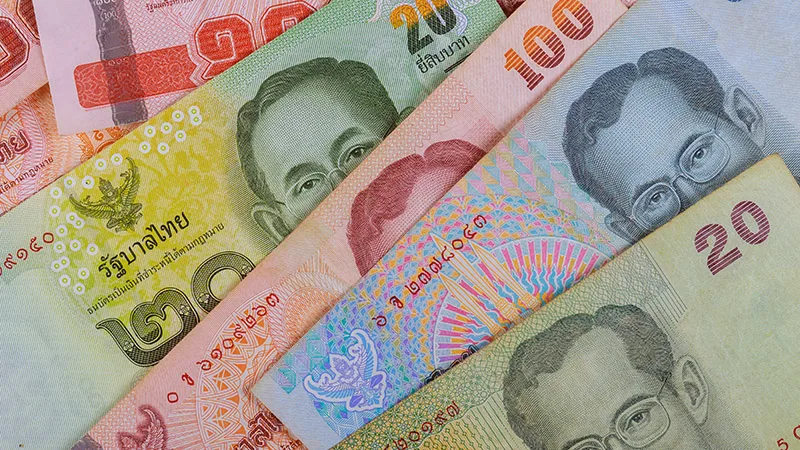Everything Thai Investors Want to Know About Stablecoins in 2025—Answered
FAQ: Stablecoins & Thai Investors in 2025
In 2025, stablecoin Thailand 2025 have quietly become one of the most talked-about financial tools among Thai investors. Once considered niche or experimental, digital assets like USDT and USDC are now making their way into the portfolios of everyday people—from freelancers and online sellers to retirees and business owners. But with rising interest comes rising questions: Are they safe? Legal? Worth it? This FAQ cuts through the noise and answers what Thai users really want to know about using stablecoins today.
What exactly is a stablecoin Thailand 2025?
A stablecoin is a type of cryptocurrency that’s pegged to a stable asset—usually the US dollar. So while coins like Bitcoin swing wildly in price, stablecoins like USDT (Tether) or USDC (USD Coin) are designed to stay close to $1. This makes them appealing to people who want to use crypto without the volatility.

Credit from : Coingeek
Why are Thai investors suddenly interested in stablecoin Thailand 2025?
It’s a mix of factors. In 2025, the Thai baht has faced pressure from global market shifts. Inflation remains a concern, and traditional savings options aren’t yielding much. Stablecoins offer something different: a way to hold dollar-backed assets digitally, earn higher returns through DeFi, and move money quickly—all without relying on traditional banking infrastructure.

Can Thai people legally buy and hold stablecoin Thailand 2025?
Yes—within limits. As of 2025, the Thai SEC permits trading of stablecoins like USDT and USDC on regulated platforms such as Bitkub or Satang Pro. However, using stablecoins for everyday purchases (like buying food or services) is still restricted. The government is cautious about any digital currency that could undermine the baht as a national unit of account.

How do Thai investors get access to stablecoin Thailand 2025 like USDT or USDC?
Most start by signing up on a Thai-regulated exchange. After verifying their identity, users can deposit Thai baht and convert it into USDT or USDC directly on the platform. From there, many transfer those coins to their own digital wallet for more control or to explore earning opportunities in decentralized finance.

Why are stablecoins seen as “safer” than other cryptos?
They aren’t risk-free—but they’re less volatile than coins like Ethereum or Solana. Their value doesn’t swing wildly, and top players like USDC are backed by audited reserves. Still, investors remember what happened with TerraUSD in 2022, so caution remains. That said, most Thais are choosing major, transparent stablecoins over risky altcoins.
Are people in Thailand using stablecoins to make money?
Yes, many are. DeFi platforms allow users to earn yields on their stablecoins—often higher than bank interest rates. While returns have dropped since the DeFi boom, rates of 4–6% APY on USDC are still common. Others use stablecoins to get paid in USD for freelance work or to move money internationally without high fees.
Do stablecoins help with currency protection?
Absolutely. Holding digital dollars in a stablecoin like USDC helps investors avoid direct exposure to baht depreciation. Especially for those doing business globally or saving long-term, stablecoins offer a practical hedge in times of local currency uncertainty.

What’s the main risk for Thai investors using stablecoins?
Regulatory changes are a big one. Thailand is watching digital assets closely, and rules could tighten. There’s also smart contract risk (if you’re using DeFi platforms) and the broader issue of trusting stablecoin issuers. No asset is bulletproof—so diversification and education are essential.
Are stablecoins just a short-term trend in Thailand?
The interest isn’t just speculative anymore. From retirees to remote workers, more Thais are using stablecoins for real-life needs. Whether this trend becomes permanent will depend on future regulations, local economic conditions, and how reliable these assets continue to be. But for now, the momentum is clearly building.
Bottom Line: Are Stablecoins Worth Exploring in 2025?
If you’re looking for an alternative to traditional banking or a way to hedge against the baht, stablecoins may be worth a closer look. Just make sure you use regulated platforms, understand the risks, and avoid chasing returns blindly.
In 2025, Thai investors aren’t just curious about stablecoins—they’re starting to use them with purpose.




